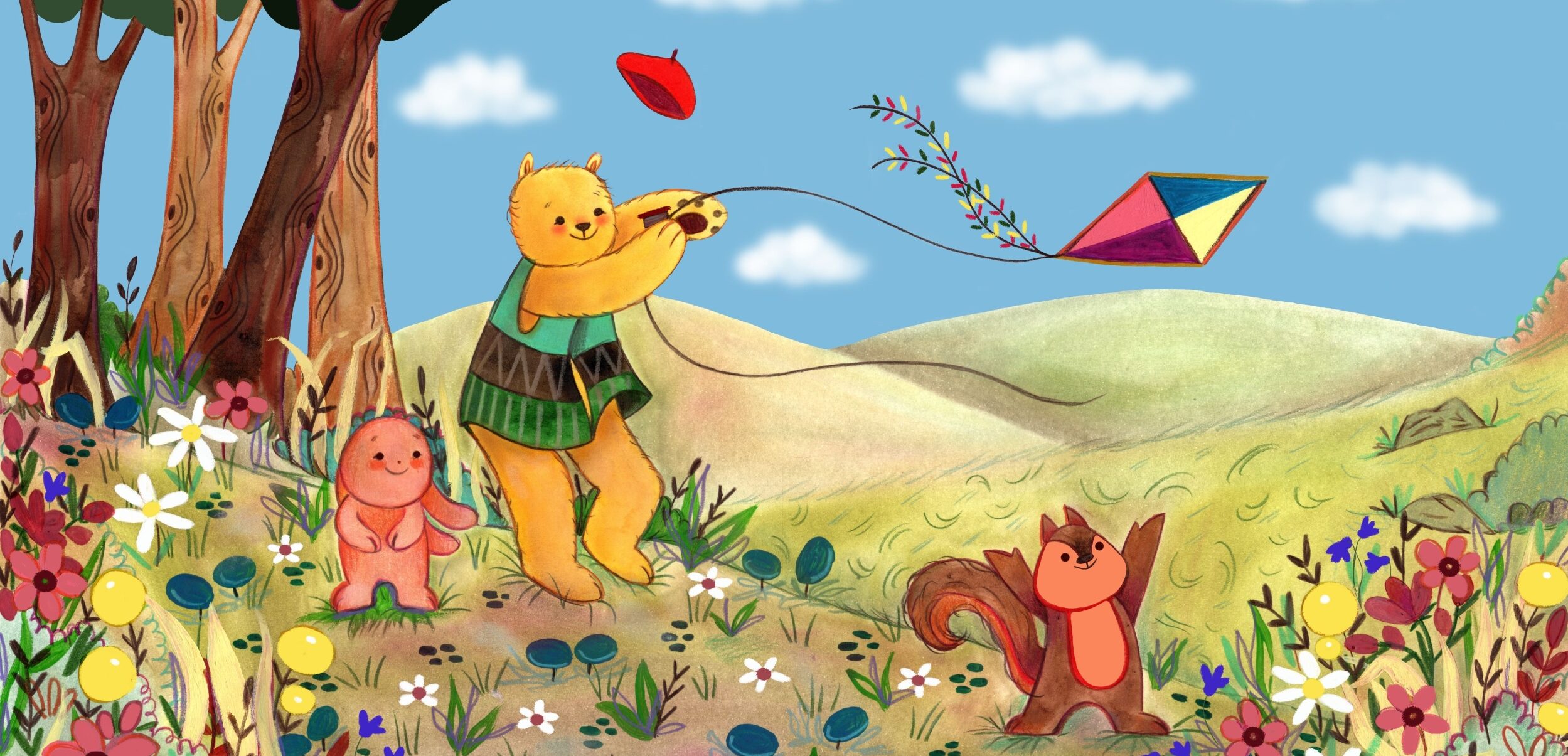Growing up in a diverse environment speaking three languages simultaneously shaped my viewpoints, cultural traditions and belief systems at a tender age. It never dawned on me that the experience would somehow mold my definition and conviction that the daily exercise of empathy and gratitude hinges upon our diverse experiences.
Placing my Sherlock Holmes bowler hat on, I began my search on the different points in time gratitude showed up in my life. My memory file brought me to my Peace Corps service in Senegal. Sitting against a mango tree on a hot rain season and observing the swift and carefully measured movements of men, women and children leaning in to plant rice fields helped me answer the penultimate question that made me pause each and every time: Do our lived cultural experiences determine how we practice and exercise gratitude towards ourselves and those around us?
Practicing gratitude does not lend itself in laying on a yoga mat with arms stretched to the ceiling coupled with elaborate movements. On the contrary, the practice of gratitude results in the understanding of believing in higher forces guiding our steps, with a firm commitment to consecrate and heal the mind of negative thoughts. Identities are shaped by a culmination of experiences further informing how we process our thoughts and actions. Gratitude is a small part of the whole entity of being an imperfect human being. In the words of Brené Brown, “you are imperfect and wired for struggle but you are worthy of love and belonging.”
I lived in 4 different countries across the continent. Living abroad helped me realize the art of applied gratitude is fluid and in continual progress. Gratitude is an action made manifest through our constant choices to allow it to show up in our lives. Gratitude does not have a fixed Myers Briggs personality profile. Instead, gratitude forces us to reflect on our experiences, often making us unpack a luggage filled with treasures neatly folded next to broken promises. Julian Baggini once asked “Is there a real you?” and believes there is no “true essence” to be found in a person. Therefore, I reasoned that gratitude must be a small part of the collection of mechanisms that make up the whole process of creating our true selves.
Our level of empathy and gratitude are shaped through diverse experiences by helping us:
1. Value Human Connections: Living abroad imbues us with a dose of empathy towards those with another worldly experience than us. Hetain Patel once opined “we learn who we are by copying others.” By valuing our enough-ness, we can fully be present with the people we meet along life’s path, including for those who live in countries that place a higher price on building community rather than foster individualism.
2. Embrace Positive and Negative Circumstances as Opportunities and not Obstacles: Our experiences reveal to us factors that shape the level of gratitude and empathy we show to ourselves and others. TedX speaker Shannon Curtis once mentioned “you must show up in your life because without it, the rest of us are missing something.” Our lived experiences, therefore, make us aware of our own strengths and weaknesses. Our bodies become hosts and gratitude is the guest we allow access to our sanctuaries or not.
3. Unearth a Stronger Sense of Self: Living abroad challenges our family values, and stretches our growth muscles when we have to rely on or imitate another cultures’ mode of expression of gratitude. Gratitude is expressed in various ways in other cultures. In the Philippines, people simply nod with a friendly smile. Saying thank you in Nepal to a friend or a relative is akin to treating them as a stranger. The true expression of gratitude can be shown by lending a hand during trying circumstances as a sign of gratitude for the friendship. The Greater Good Science Center at UC Berkeley has further reemphasized empathy is a skill, and actually a muscle in the brain, that can be developed through effort. As a result, our diverse experiences can help us become more consciously present, and ultimately, attune the way we show up in the world around us.
Source/Credit for Photo Above: https://one.arch.tamu.edu/news/2016/2/16/diversity/

